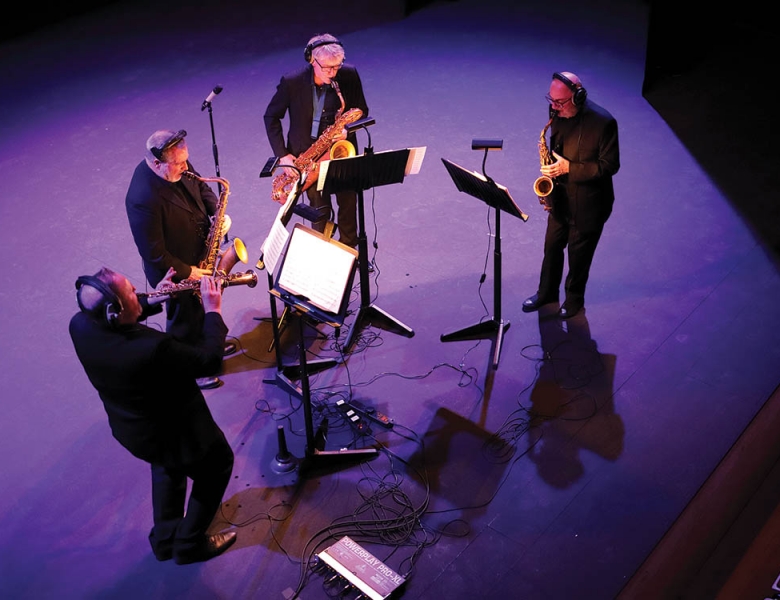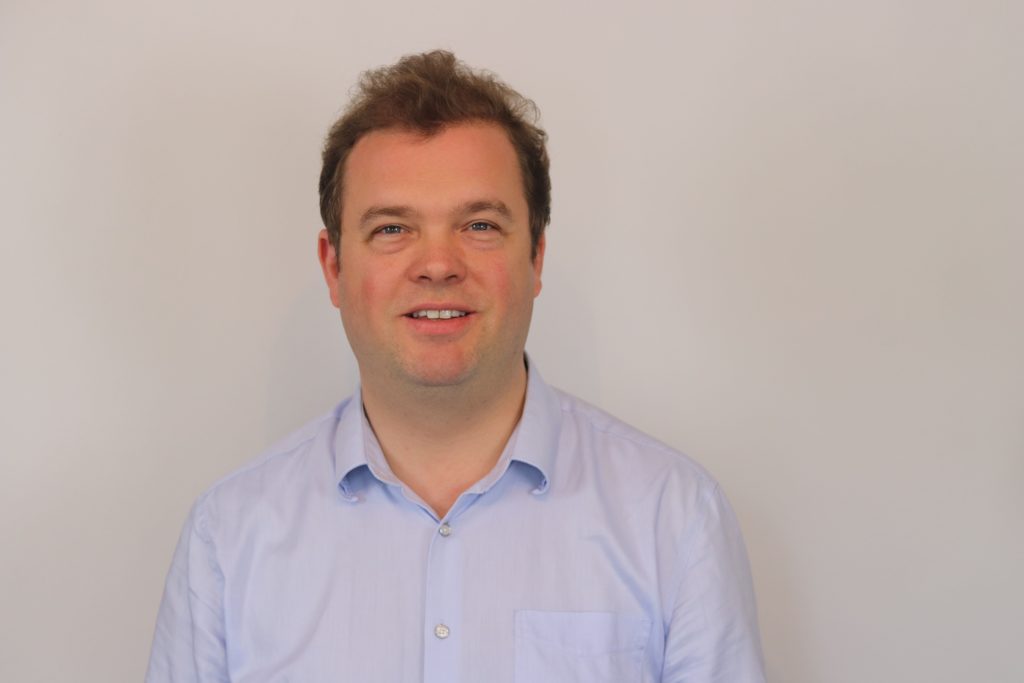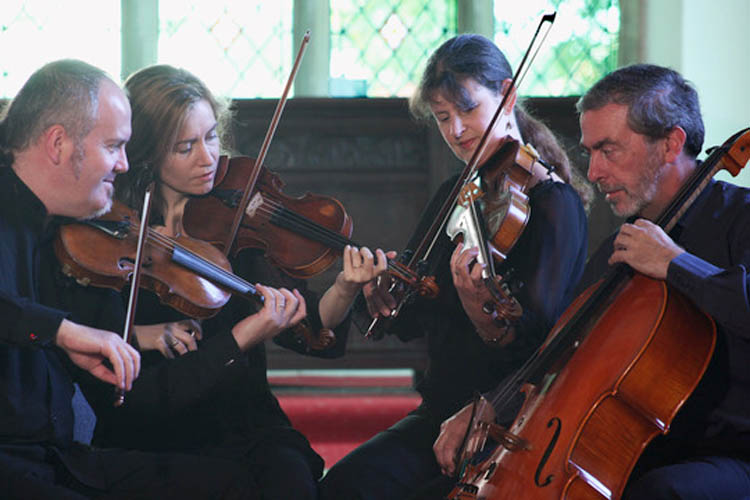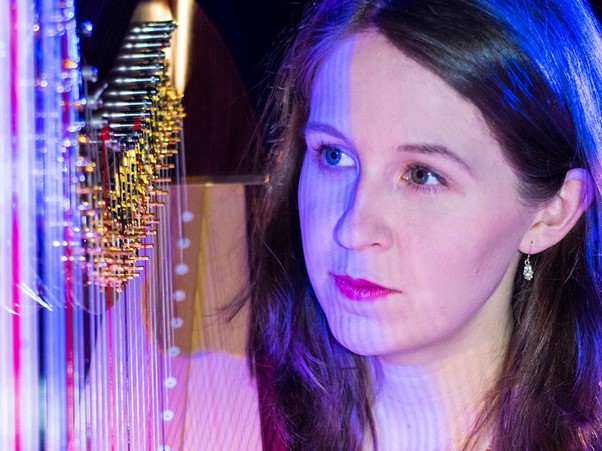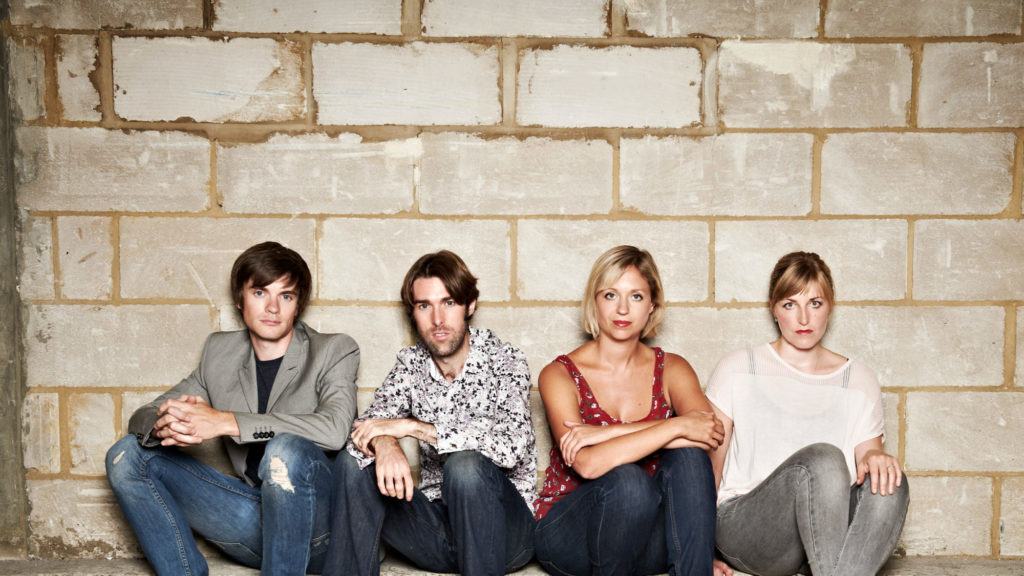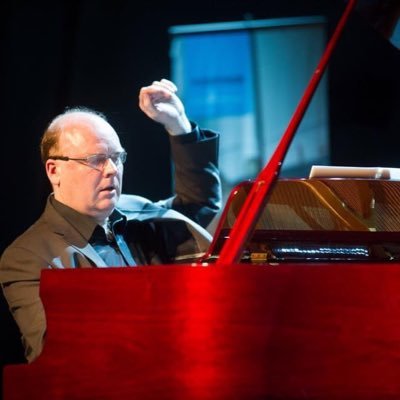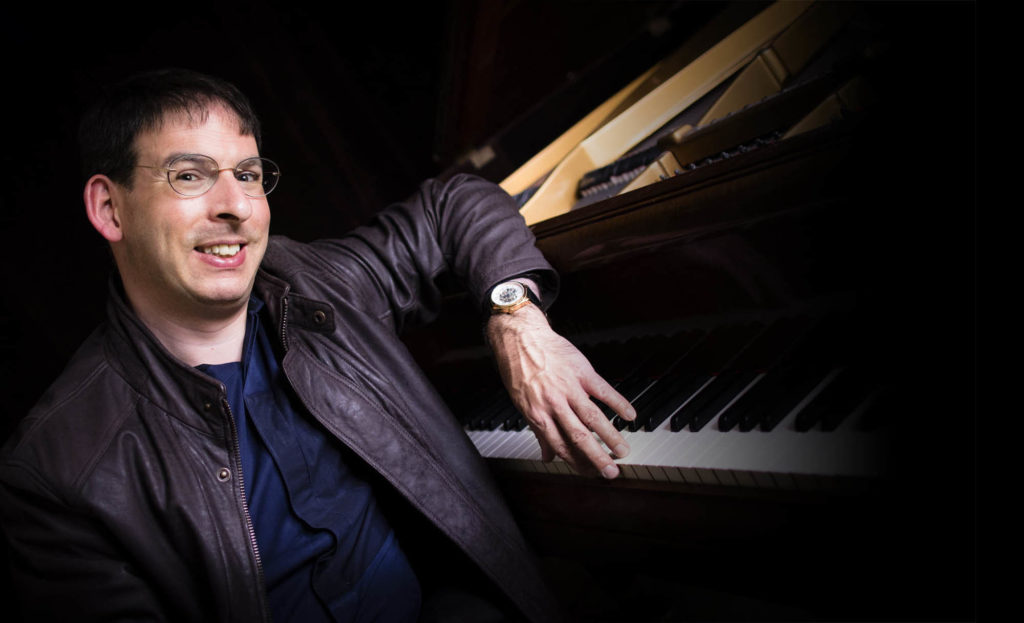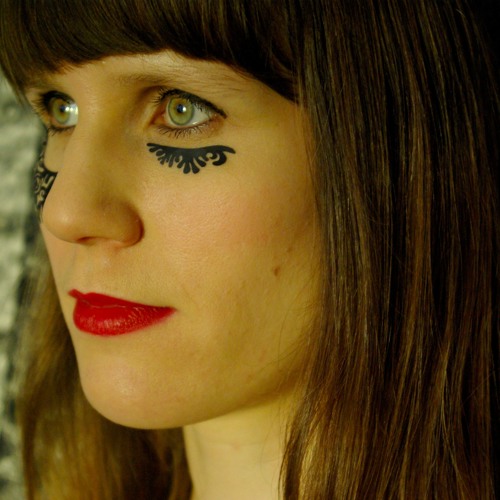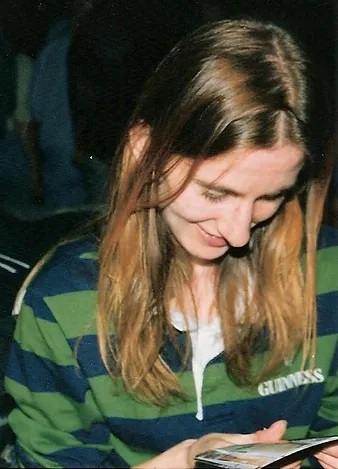
ANTHONY Gilbert’s Monsoon Toccata: In Memoriam Janet Owen Thomas (1961-2002) will be performed by pianist Kate Ledger at Saturday night’s Late Music concert in York.
“This concert will be a celebration of composer Anthony Gilbert who died in July this year, aged 89,” says Late Music administrator Steve Crowther. “The programme includes his memorial piece written for Janet Owen Thomas, the York composer, who died tragically young.”
Performed by violinist Nina Kumin, clarinet player Jonathan Sage and pianist Ledger at the Unitarian Chapel, St Saviourgate, the 7.30pm programme features three more Gilbert works, plus music by Nicola LeFanu and David Lumsdaine, who both knew him well.
Here Steve Crowther pays tribute to Jane Owen Thomas and her contribution to York Late Music.
“I never met Janet, even though she lived near me in Holgate, York. I did speak with her on the phone however, inviting Janet to compose a short piece for a small ensemble,” he recalls.
“It was the early days of Late Music and I worked with director David Power. It was then called the Late Music Festival with a strapline: The Cutting Edge, and the following year, The Cutting Edge Gets Sharper.
“The concerts were a niche market, and quite often the niche didn’t bother turning up. Low audiences with marginal box office revenue did not appeal to grant-funding bodies and so there was, as Kwasi Kwarteng discovered many years later, little in the way of inward investment.
“So we decided to change our marketing strategy, or rather, develop one. Living Composers, performed Live. This really sounded unique and, apart from the Go West Festival in Wales, it was.
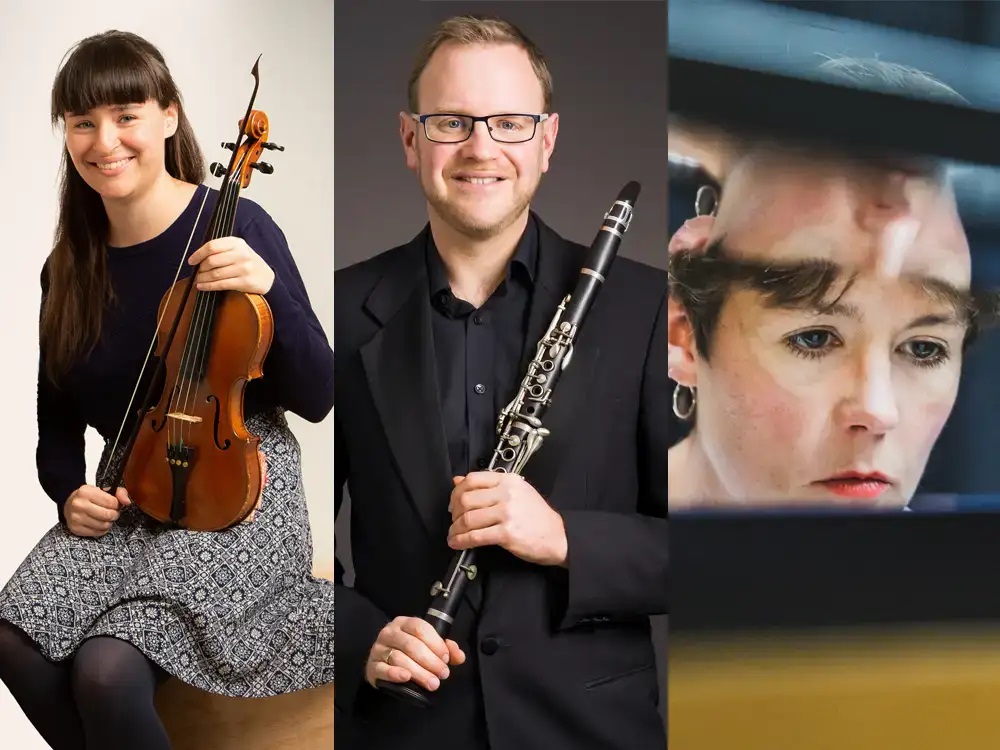
“The main issue here was that quite a few of the living composers we programmed were no longer with us after we had gone to print. We then went nuts and threw the kitchen sink at the programming.
“The concerts now included jazz, Indian music, gamelan, crossover, loads of fusions; we even dug up Beethoven. Anyway, this long and winding road led us to where we are today. So back to Janet.
“OK, so this next bit isn’t going to sound professional or cool; not that I have ever been professional or cool. Janet said she would be interested and then caught me off guard with: ‘What will the commission fee be?’ I started laughing and said: ‘you’re kidding?’. She wasn’t.
“I have often thought Late Music should host a memorial concert of Janet’s music. And we will. I thought this programme note written by Anthony Gilbert – for a short piano piece called Monsoon Toccata, was very touching, very moving. It feels so right and so fitting to include this in Anthony’s own Late Music memorial concert.”
Anthony Gilbert wrote: “In 1988, Janet Owen Thomas met up with me in Sydney at the end of a short organ recital tour – possibly her last before devoting herself entirely to composing.
“We returned to England together, doing a rapid circular tour of Northern India on the way. Alighting from the plane at Delhi, we were hit by the whirling wind and torrential rain of the seasonal monsoon, and early the following morning there was also a minor earthquake.
“This experience determined the spirit of the music, and Northern Indian Raga determines the purely technical approach, with the quasi-improvisatory toccata-like textures acting as decoration to a slow-moving, widely spaced modal top line, which almost loses control of the overall shape at the mid-point – a reflection of the impact of those natural phenomena.”
Janet Owen Thomas, composer, writer, teacher and organist: the back story, from British Music Collection
Born: Merseyside, to Welsh and German parents.
Education: Merchant Taylors’ Girls’ School, Liverpool; read music at St Hugh’s College, Oxford, taught by Jane Glover and Robert Saxton (composition).
Further studies: After premiere of her choral work New And Better Days, commissioned to mark the opening of Liverpool’s Tate Gallery, read for degree in Music Technology at University of York, then took advanced composition studies with Anthony Gilbert at Royal Northern College of Music, Manchester.
Works included: UK premiere of Rosaces at 1991 BBC Proms (youngest composer featured that year). Concerto Grosso Cantus for Bang-on-a-Can, 1992, performed in Goldberg Ensemble’s Contemporary series at RNCM, broadcast on BBC Radio 3. Under The Skin, BBC commission for 1999 Huddersfield Festival of Contemporary Music. Preludes for Piano, premiered in London in 2000.
Commissioned or performed by: BBC; Goldberg Ensemble; Park Lane Group; Allegri and Bingham Quartets; Gemini; Boccherini String Trio; Stephen De Pledge; Mary Wiegold; Lontano; Kevin Bowyer; the Option Band and others.
Lived and worked in: York, dividing her time between teaching, writing and composition.
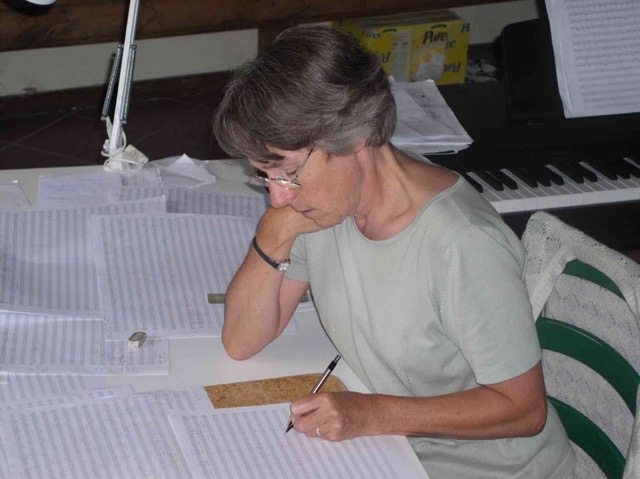
IN her obituary for Janet Owen Thomas, fellow York composer Nicola LeFanu wrote of her musical style: “The hallmark of her style is linear counterpoint; the music is carefully constructed to allow for self-similarity in its proportions, both in the large and in the detail.
“In speaking of her work, Thomas acknowledged the influence of the 17th and 18th-century music which she played so much in her days as an organist. Her contrapuntal textures are transformed, though, by the ‘shimmer and glitter’ which she loved.”


